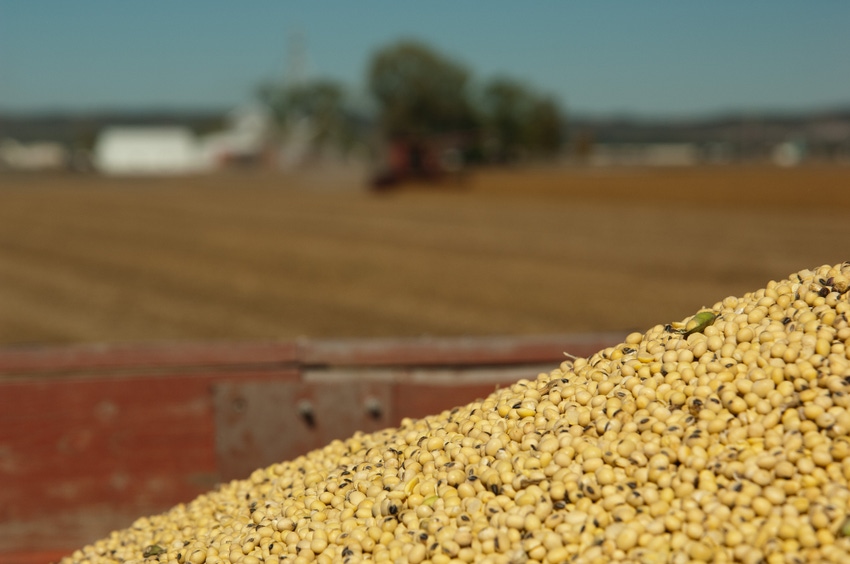July 30, 2017

A new study of farm regulations by the Delaware Soybean Board reveals that farmers are required to comply with more than 120 separate regulations to operate an agricultural business in Delaware.
“The results demonstrate that Delaware farmers work in a highly-regulated environment,” said Jay Baxter, chairman of the board and farmer from Georgetown. “The web of regulations touches nearly every facet of farming operations today.”
The review was commissioned to help farmers be aware of all the various regulations and multiple agencies that are involved in the business of agriculture. It has been posted on the DSB website.
A compilation of federal, state and county regulations which directly or indirectly relate to a farm operation, the report lists regulations by subject and agency. Multiple agencies have jurisdiction over various parts of a farm operation, including the departments of Agriculture, Finance, Environmental Protection Agency, Transportation, Motor Vehicles, Labor, Land Use Planning & Zoning, Natural Resources & Environmental Control, Occupational Safety and Health Administration, Army Corps of Engineers, and Motor Carrier Safety Administration.
“We strive to continually improve the way we farm and comply with all the rules,” continued Baxter. “With so many statutes and so many agencies involved at the federal, state and local level, it is time consuming and difficult to track. We wanted to provide our farmers a reference of regulations to do some of that work for them.”
Delaware farmers plant about 180,000 acres of soybeans each year, and the crop generates approximately $60 million in value to the state. Delaware’s agricultural industry contributes about $8 billion per year to the Delaware economy.
The Delaware Soybean Board consists of nine farmer-directors and the Secretary of Agriculture. Funded through a one-half of one percent assessment on the net market value of soybeans at their first point of sale, the checkoff works with partners in the value chain to identify and capture opportunities that increase farmer profit potential. One-half of the soybean checkoff assessments collected by the state boards are forwarded to the United Soybean Board.
You May Also Like




